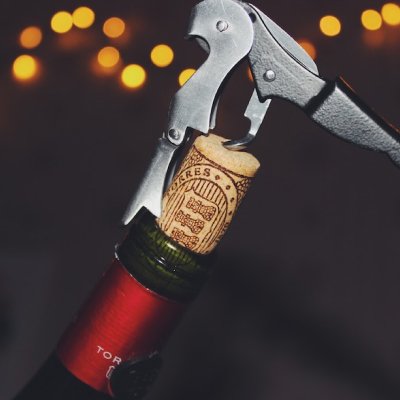wedge(
wehj
)A noun is a word referring to a person, animal, place, thing, feeling, or idea (e.g., man, dog, house).
a. la cuña (F)
(f) means that a noun is feminine. Spanish nouns have a gender, which is either feminine (like la mujer or la luna) or masculine (like el hombre or el sol).
The chair was wobbly, so I put a wedge under one of its legs.La silla estaba coja, así que le puse una cuña debajo de una de las patas.
b. el calce (M)
(m) means that a noun is masculine. Spanish nouns have a gender, which is either feminine (like la mujer or la luna) or masculine (like el hombre or el sol).
A wedge should stop the loose parts of the machine from moving around.Un calce debe impedir que las partes sueltas de la máquina se muevan.
c. el calzo (M)
(m) means that a noun is masculine. Spanish nouns have a gender, which is either feminine (like la mujer or la luna) or masculine (like el hombre or el sol).
They used a piece of cardboard as a wedge to secure the shaky dining table.Usaron un pedazo de cartón de calzo para que la mesa del comedor dejara de cojear.
a. la brecha (F)
(f) means that a noun is feminine. Spanish nouns have a gender, which is either feminine (like la mujer or la luna) or masculine (like el hombre or el sol).
They didn't like their son's girlfriend, so they tried to force a wedge into their relationship.A ellos no les caía bien la novia de su hijo, así que trataron de abrir una brecha en su relación.
3. (footwear)
a. el zapato de cuña (M)
(m) means that a noun is masculine. Spanish nouns have a gender, which is either feminine (like la mujer or la luna) or masculine (like el hombre or el sol).
I like wedges because they are more secure than stilettos.Me gustan los zapatos de cuña porque son más seguros que los zapatos de tacón.
4. (culinary)
a. el pedazo (M)
(m) means that a noun is masculine. Spanish nouns have a gender, which is either feminine (like la mujer or la luna) or masculine (like el hombre or el sol).
He cut himself a huge wedge of the cake and barely left any for the rest of us.Se cortó un pedazo grande de pastel para él y apenas dejó nada para los demás.
b. la porción (F)
(f) means that a noun is feminine. Spanish nouns have a gender, which is either feminine (like la mujer or la luna) or masculine (like el hombre or el sol).
Thank you for your generosity, but I don't think I can finish a wedge of pie that big.Gracias por tu generosidad, pero no creo que pueda terminar una porción de tarta tan grande.
c. la cuña (F) (of cheese)
(f) means that a noun is feminine. Spanish nouns have a gender, which is either feminine (like la mujer or la luna) or masculine (like el hombre or el sol).
I bought a wedge of my favorite mature cheese.Compré una cuña de mi queso curado favorito.
5. (sports)
a. el wedge (M) (golf)
(m) means that a noun is masculine. Spanish nouns have a gender, which is either feminine (like la mujer or la luna) or masculine (like el hombre or el sol).
I lost the ball in a hazard and had to use a wedge to get it out.La pelota cayó en un obstáculo y tuve que usar un wedge para sacarla.
b. la cucharilla (F) (golf)
(f) means that a noun is feminine. Spanish nouns have a gender, which is either feminine (like la mujer or la luna) or masculine (like el hombre or el sol).
Use this wedge. It will loft the ball even higher.Usa esta cucharilla. Lanzará la pelota aun más alto.
A transitive verb is a verb that requires a direct object (e.g., I bought a book.).
a. calzar
They stuck a knife in the hinge and wedged the door open.Metieron un cuchillo en la bisagra y abrieron la puerta calzándola.
b. poner un calce
Wedge the door open so that we can move the furniture inside.Ponle un calce a la puerta para poder meter los muebles.
Examples
Machine Translators
Translate is wedging using machine translators
Conjugations
Other Dictionaries
Explore the meaning of wedge in our family of products.
Random Word
Roll the dice and learn a new word now!
Want to Learn Spanish?
Spanish learning for everyone. For free.




















